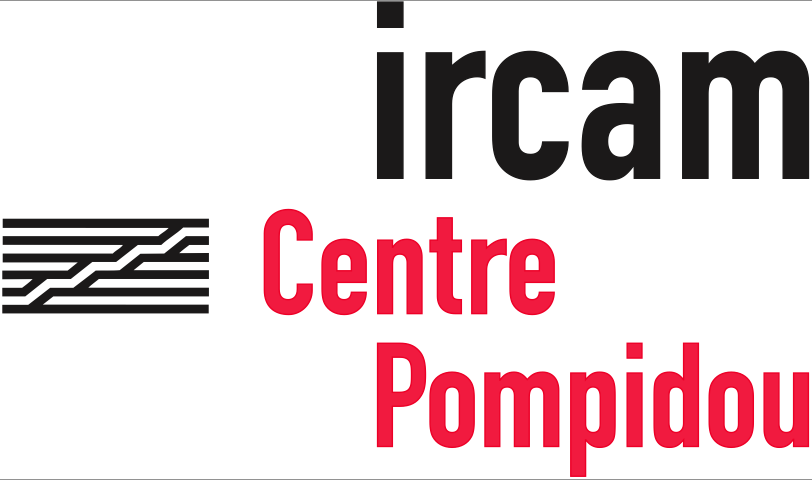 |
 |
 |
 |
|
MusiClef 2012 Multimodal Music Data Set
This page contains the
MusiClef 2012 data set, a paper on which was accepted for ACM MMSys 2013
(Dataset
Session).
The data set contains multimodal data on 1355 popular music songs by
218 leading artists, and is a considerably expanded version of the data
set that was used for the MusiClef
Multimodal Music Tagging Task at MediaEval 2012. Following the
corpus annotation standard recently proposed by Peeters and Fort at
ISMIR 2012 (reference [10] in
our paper), the data set
used at MediaEval 2012 would be identified as corpus:MIR:MusiClef:2012:MediaEval:version1.0,
while the data set on this page would be identified as corpus:MIR:MusiClef:2012:MMSys:version1.0.
In case you make use of the data set in your own research, please cite the corresponding paper:
| A Professionally Annotated and Enriched
Multimodal Data Set on Popular Music Schedl, M., Liem, C.C.S., Peeters, G., and Orio, N. Proceedings of the 4th ACM Multimedia Systems Conference (MMSys 2013), Oslo, Norway, February-March 2013. >> PDF, BibTeX |
You can either download the entire dataset (musiclef_2012_dataset.zip - 12.5 GB) or each component separately, below.
Editorial Metadata
| songs.csv | <song-id, song, artist-id, artist> |
| artists.csv | <artist-id, artist, webartist> |
| mbids.csv | <song-id, song-mbid, song, artist-id, artist-mbid, artist> |
| artists-songs-albums-tags.csv |
<song,
artist, album, tag1, tag2, ..., tagN> |
Audio Features
FB-Mel
MFCC
BLF and PS09
User Tags
Web
Pages
| web_crawls.zip | crawled web pages with meta-information about the crawl |
| web_weights.zip | term weights (TF and TF-IDF) |
| web_indices.zip | Lucene indices of the web pages |
Expert Labels
| tag_list.csv | list containing only the tags used in the annotation process |
| train.csv | training set |
| test.csv | test set |
| test_with_groundtruth.csv | test set including ground truth
annotations |
MediaEval 2012
Reference Implementation